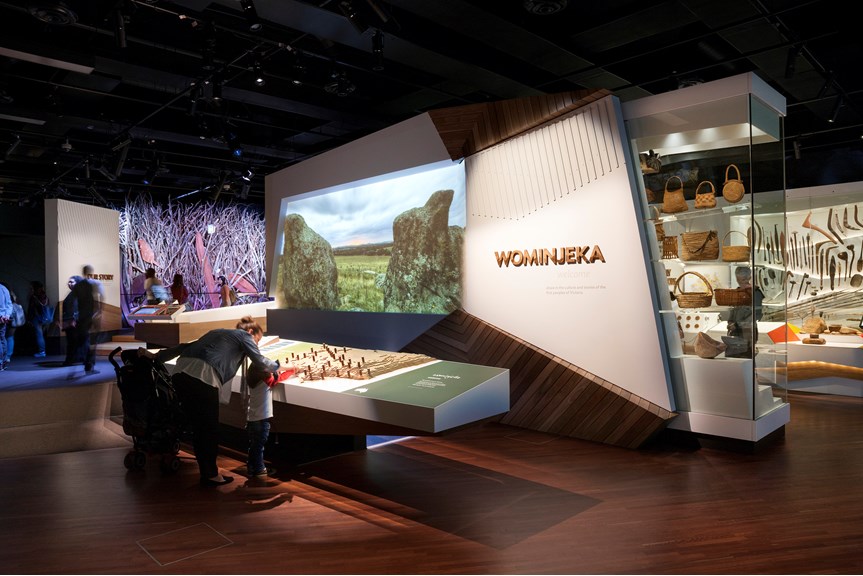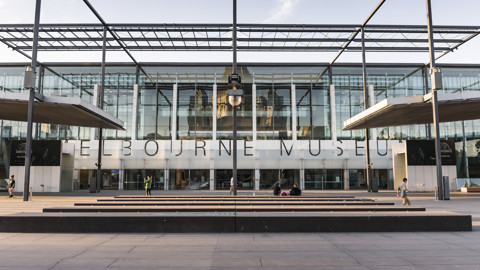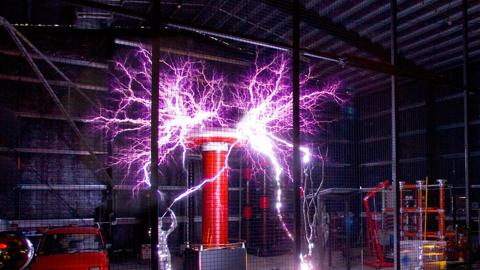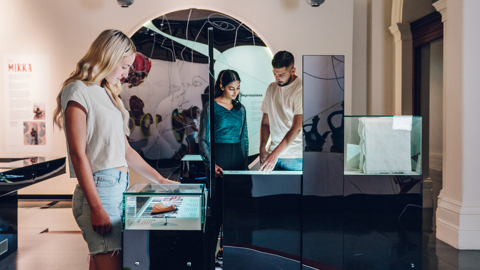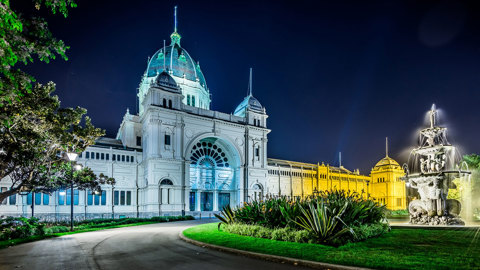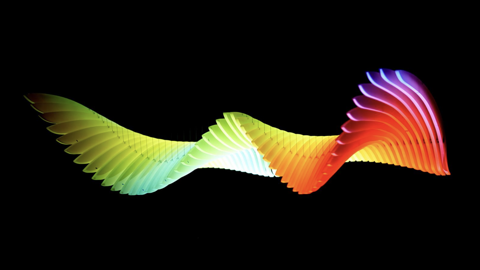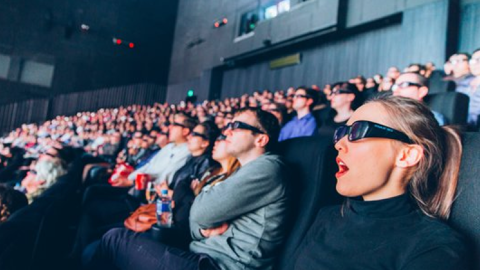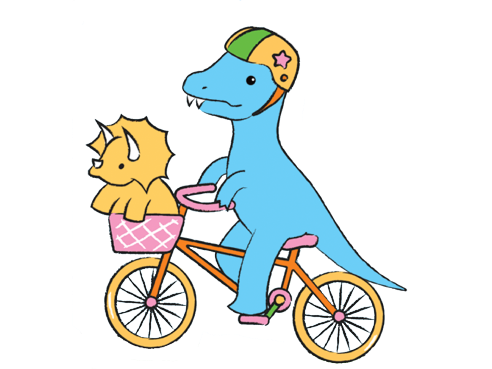Wominjeka - Welcome
Suitable for Year Levels 3–9
When you come into the First Peoples exhibition at Melbourne Museum you are greeted by the words Wominjeka or Welcome. This area introduces you to important cultural practices. Victoria is home to more than 38 language groups which are attached to their own country with clearly defined boundaries. Each group has their own unique language and cultural practices. Each group has been connected to country in a very special way over thousands and thousands of years and is responsible for caring for the land and its creatures. The exhibition introduces you to some of those ideas and takes you on a journey into deep time where we learn about the belief systems of different groups, agricultural and trading practices, ceremonial and learning approaches. The virtual tour gives you an idea of how these stories are told with object, image and sound.
Take a virtual tour
Consider
- What did you see?
- What did you think?
- How did you feel?
Think and Write
Questions
- What do these notes tell you about the exhibition?
- What is the concept of Deep Listening?
- How is deep listening different to normal listening?
- What else would you like to know?
Acknowledgement of Country
Watch Di Di Vaha'akolo introduce the concept of Acknowledgement of Country and the significance of National Reconciliation Week and make your own poster celebrating your recognition of First Peoples language , history and culture.
Victorian Curriculum Links
History
Level 3–4
- Identify and describe continuity and change over time in the local community, region or state and as a result of the effects of European exploration (VCHHC069)
- Identify and explain the causes and effects of European settlement anexploration (VCHHC070)
- The diversity and longevity of Australia’s first peoples and the significant ways Aboriginal and Torres Strait Islander peoples are connected to Country and Place (land, sea, waterways and skies) and the effects on their daily lives (VCHHK078)
Level 5–6
- Identify and describe patterns of continuity and change in daily life for Aboriginal and Torres Strait Islander peoples, ‘native born’ and migrants in the Australian colonies (VCHHC085)
- Explain the causes of significant events that shaped the Australian colonies, contributed to Australian Federation and the effects of these on Aboriginal and Torres Strait Islander peoples and migrants (VCHHC086)
- The different experiences and perspectives of Australian democracy and citizenship, including the status and rights of Aboriginal and Torres Strait Islander peoples, migrants, women, and children (VCHHK094)
